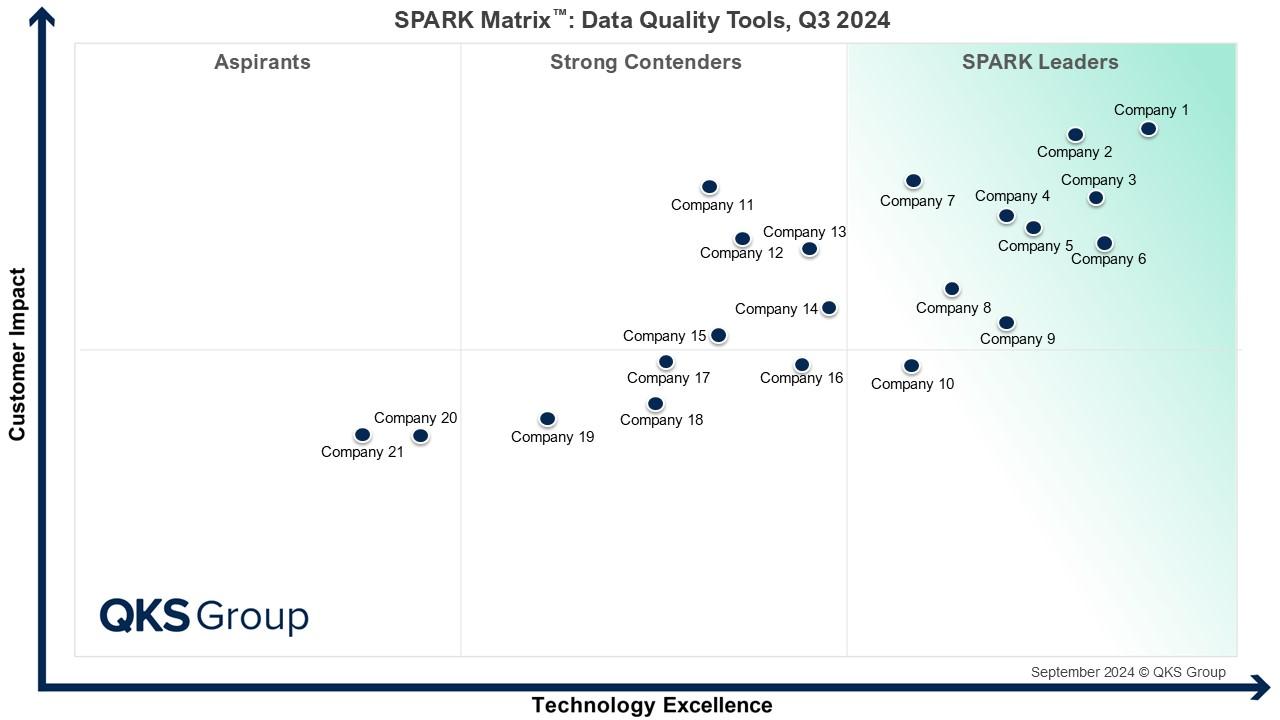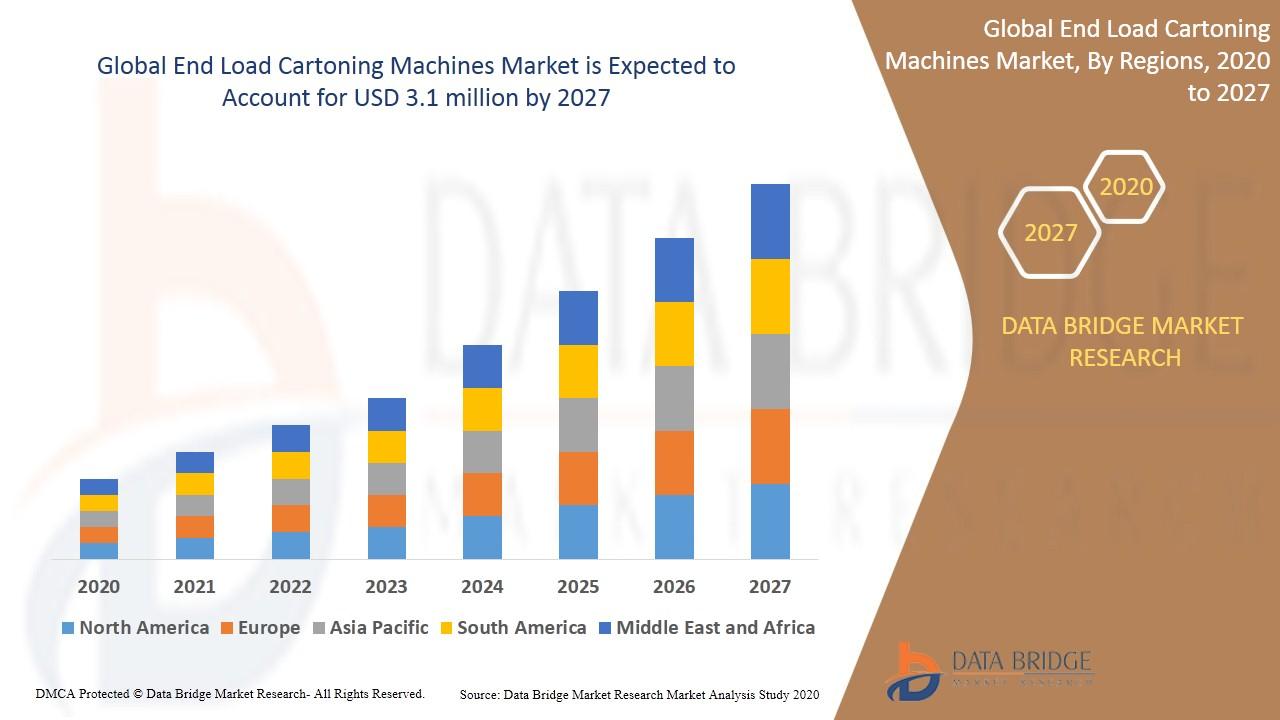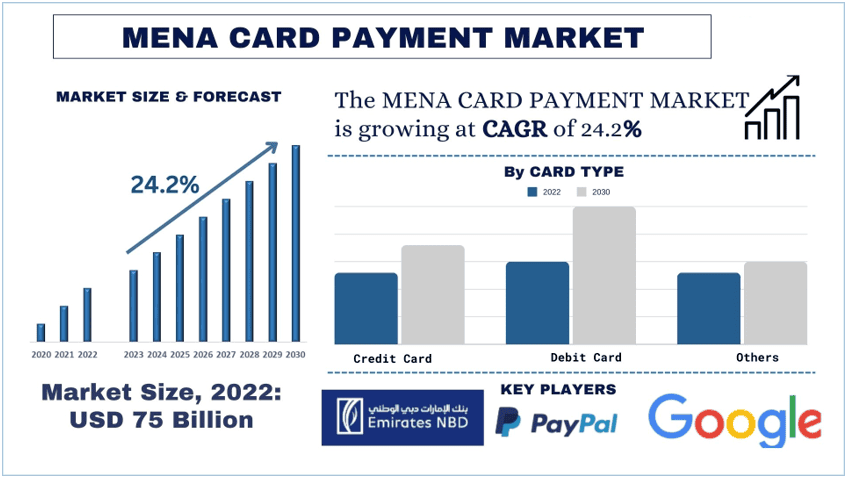SPARK Matrix™:The Future of Data Governance Why You Need an Intelligent Data Quality Tool

In today’s digital landscape, businesses are generating and integrating data from a vast range of sources—spanning both on-premises systems and cloud-based platforms. As data volumes grow and the need for accuracy intensifies, organizations are turning to advanced data quality tools to streamline processes, reduce manual intervention, and make more informed decisions.
The Shift from Manual to AI/ML-Driven Data Management
Traditional data management methods, often reliant on manual checks and spreadsheet-based processes, are no longer sustainable for enterprises dealing with complex and distributed data environments. The rise of AI and Machine Learning (ML) has transformed the way data is handled, offering intelligent automation and real-time adaptability.
A modern data quality tool leverages AI/ML algorithms to automatically detect, cleanse, and enrich data. This enables organizations to focus on insights rather than repetitive data correction tasks. Through automated rule creation and adaptive learning, these tools continuously improve their accuracy and efficiency over time.
Key Features of Modern Data Quality Tools
Leading vendors are equipping businesses with innovative capabilities that go beyond basic data cleaning. The most effective data quality tools include:
- Automated Rule Creation: AI-driven systems can automatically generate data quality rules, reducing the time and effort needed for manual setup.
- Adaptive Rules and Machine Learning: These tools learn from patterns and adapt to evolving data challenges, ensuring long-term data consistency.
- Scalability and Interoperability: Seamless integration across hybrid infrastructures allows organizations to manage data efficiently, regardless of where it resides.
- Comprehensive Governance: By aligning data management with compliance and governance frameworks, organizations can ensure that their data remains trustworthy and audit-ready.
- Workflow Automation: Streamlined workflows help data teams resolve quality issues faster and collaborate effectively across departments.
Collaboration Between Data Stewards and Specialists
Even with the most advanced data quality tool, human expertise remains vital. Organizations increasingly rely on data stewards and specialists who work in tandem with AI systems to define data governance standards, monitor exceptions, and ensure accuracy in critical datasets. This collaborative approach ensures continuous improvement in data quality across all business units.
Driving Operational Efficiency and Better Decision-Making
By adopting AI-powered data quality tools, enterprises are not only improving data accuracy but also enhancing operational efficiency and decision-making. Reliable data becomes the foundation for analytics, reporting, and strategic planning—empowering organizations to act on insights with confidence.
Conclusion
In an era where data is a strategic asset, investing in a robust data quality tool is no longer optional—it’s essential. With AI/ML-driven capabilities, scalability, and governance support, these tools enable businesses to overcome data silos, reduce errors, and unlock the full value of their data assets.
Organizations that embrace this transformation will be well-positioned to thrive in an increasingly data-driven world.







